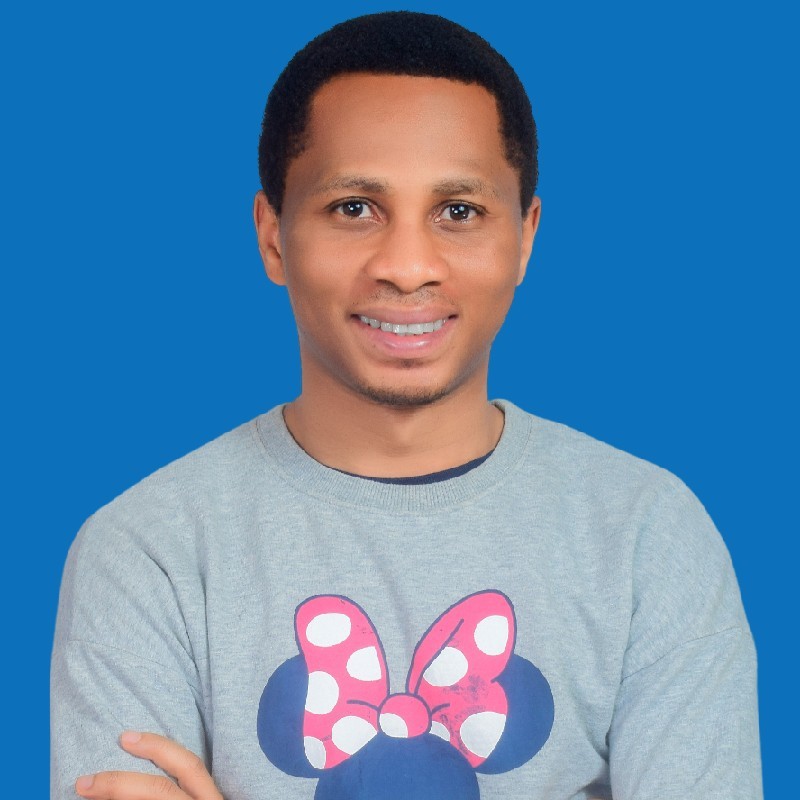
Nicholas Alifa, startup is focused on providing smart solutions for African food and Agriculture
Description of his business
Ajaoko Agritech Limited is a Nigerian award-winning start-up that is providing smart solutions for African Food and Agriculture. Ajaoko started in 2015 and become a full fledge incorporated company on March 10th 2017.
At the heart of Ajaoko is the drive to become a household name and one of the top five food and agribusinesses by 2021. They have built a network of interconnected stakeholders in all food and agricultural value chains, bridging the gap between them. Farmers can now sell their products directly to the end users and have quick and easy access to inputs, financial services, professional agro-based services, tailor-made training and latest research information communicated in a simple language consumable by everyone, including rural farmers.
Their Services
Ajaoko has created a simple and efficient online and offline food and agriculture marketing, Distribution and capacity building platform that improves the production and distribution of food and agricultural products and inputs by bridging the gap between the major stakeholders in food and agriculture.
Ajaoko Market Place: Their online marketplace provides farmers, vendors, input suppliers and agricultural commodity merchants, the opportunity to sell all their products and services at their own prices.
Agribusiness Academy: They provide quality, tailor-made, intensive practical online and onsite trainings on production, processing, and management of Agribusiness.
Ajaoko Monie: This focuses on providing financial inclusion for rural and peri-urban farmers, small scale local food processors, and traders by partnering with commercial banks and other financial institutions. We are currently in partnership with Keystone PLC, First Bank of Nigeria.
Ajaoko Foods: This brand is targeted at value addition to African Indigenous food through processing, preservation, and packaging of same to meet international global standards.
Ajaoko Consult: This is our online platform, constituting a network of African finest food and agricultural experts with several years of experience.
What led him to be an entrepreneur:
In 2012, while still an undergraduate he founded ‘Afrifood Initiative’, which is taking pragmatic approach to develop, improve and promote African indigenous food products via grassroots awareness and advocacy for youth involvement in agriculture.
In the course of the project, he discovered a wide gap between the major stakeholders in African food and agriculture, amidst other challenges facing the sector. He also realized that bridging this gap will not only improve the food and agricultural sector but will also make a lucrative business.
This is why despite being a first- class honors graduate in Food science and technology, he had decided to trail the path of entrepreneurship; to bridge the gap by providing SMART solutions to African food and agricultural problems. This idea led to the establishment of Ajaoko Agritech Limited (online platform that now offers a wide spectrum of services across the agricultural value chain) as well as the publication of five research works with both national and international Journals. Over the years, the platform has developed from connecting buyers/farmers to sellers of agricultural products to providing training for greenhouse, fish- pond, rabittery and poultry farming for 6 months.
Jobs
Before the intervention: He had three workers.
After the intervention: He now has eight workers (5 of which were trained by him and decided to stay back to work for them).
Revenue
Before the intervention: He was making 500,000 naira per annum.
After the intervention: He now makes 800,000 naira per annum.
Milestone achieved after the intervention
Nicholas had received his first seed capital of 6 million naira from GEM to launch this business but this grant was spent recklessly as he had no business acumen.
He was devastated after this and had almost quit his business. However, upon selection to the TEFEP in 2018, he was exposed to the 12 weeks training that helped him understand that business account needs to be separated from personal account, need for record keeping, need to streamline/tailor services and products to the needs of customers and this guided marketing/advertising efforts/expenses, need for company structure/governance and subsequently, the need to restructure the company (retrenching redundant staff thereby reducing the workforce to 8 from 13).
